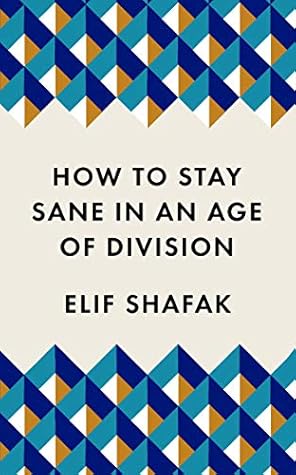More on this book
Community
Kindle Notes & Highlights
If wanting to be heard is one side of the coin, the other side is being willing to listen.
The moment we stop listening to diverse opinions is also when we stop learning. Because the truth is we don’t learn much from sameness and monotony. We usually learn from differences.
In a world that is profoundly complex and challenging, group narcissism has become a compensation for our personal frustrations, flaws and failures.
The less that people from different backgrounds can communicate and empathise with each other, the smaller our appreciation of our common humanity, the less egalitarian and inclusive our shared spaces, the more satisfied the demagogue.
We are social creatures. We worry when we see someone else worry. We also panic if the people around us are panicking.
Acts of barbarity can happen fast and on a large scale not when more people turn immoral or evil, not necessarily, but when enough people become numb. When we are indifferent, disconnected, atomised. Too busy with our own lives to care about others.
Paradoxically, too much information is an obstacle in front of true knowledge.
‘What we call the beginning is often the end … The end is where we start from.’* * T.S. Eliot, ‘Little Gidding’, The Four Quartets, Faber and Faber, London, 1941.


